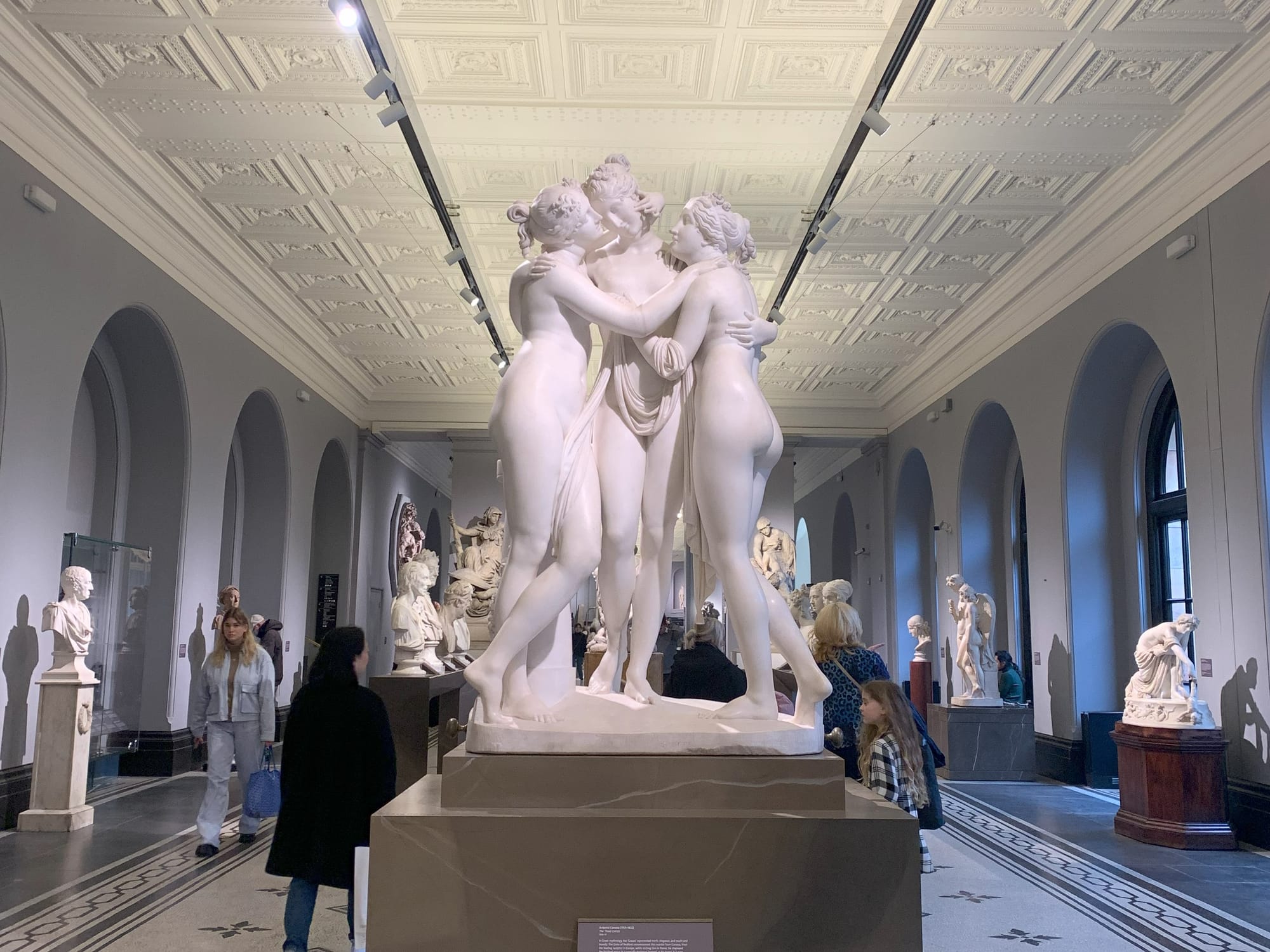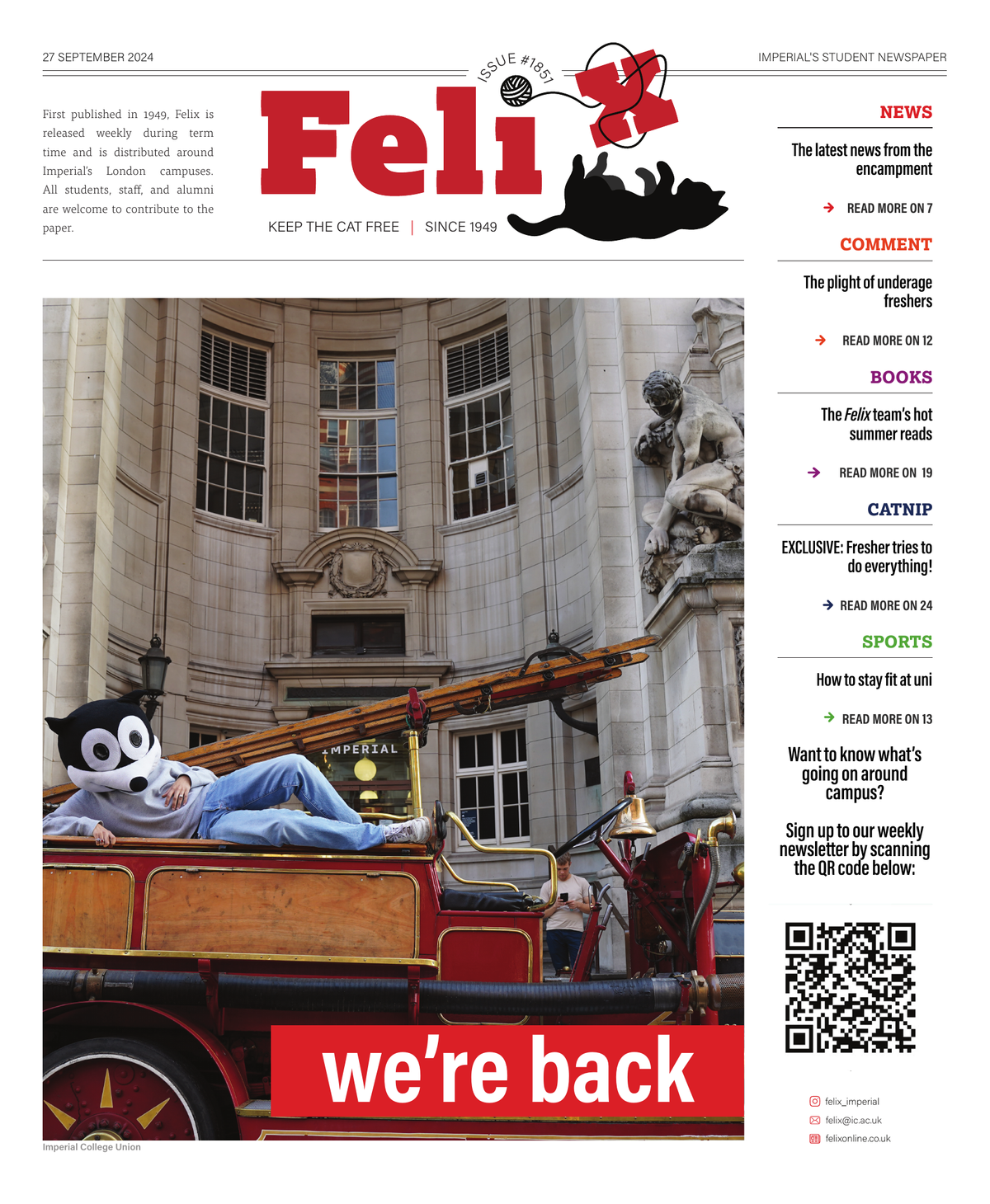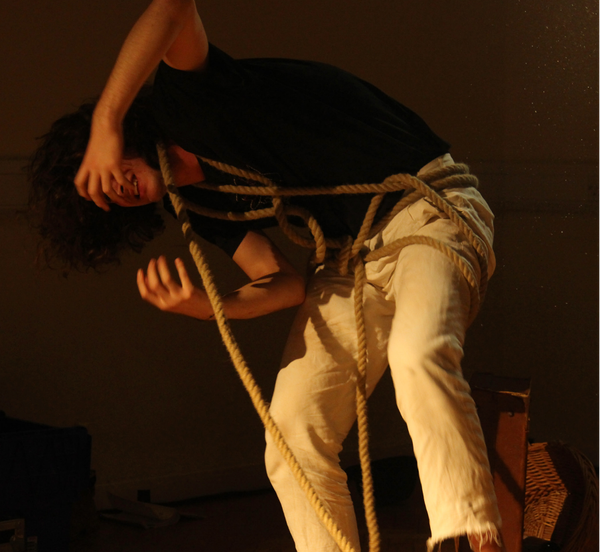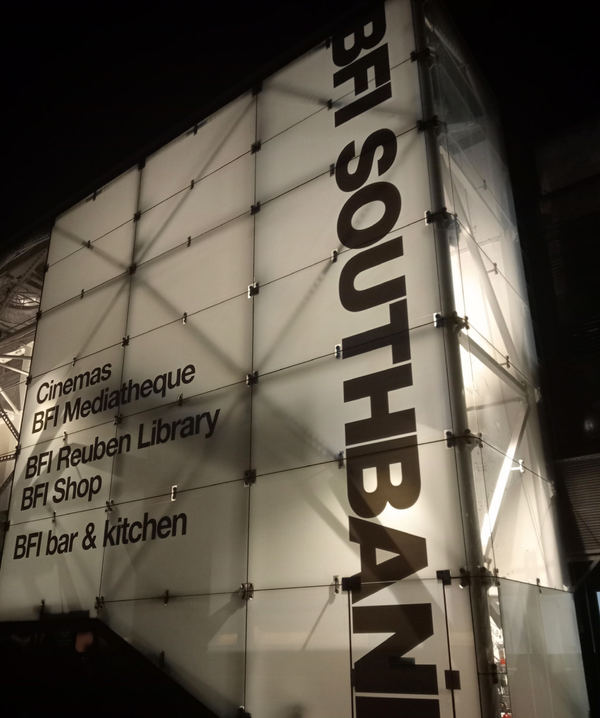A beginner’s guide to London’s arts scene
In which the author almost drove herself to the point of insanity while trying to decide to top six beginning stops for newcomers
London is well known for its arts scene. Despite the rather gloomy weather, London both keeps art alive be it through its various galleries, the multitude of West End shows, and its opera houses, but also fosters it. There are many hotspots in London, containing everything between street caricaturists and Banksy. Yet, as previously discussed, the sheer magnitude of possibilities is overwhelming, especially if you are new to the city.
Fret not, dear readers, as this article’s sole aim is to show you possible places you can start off with. Without further ado, here is a list of places you can visit:
Victoria and Albert Museum

Starting off strong with the Imperial student’s best friend, this lovely museum is located a short 10-minute walk away from our South Kensington Campus. A highlight of my academic life is to go here between lessons to decompress – this museum is large enough that with each visit, you can see a new section. They also have a free library for students, which is nothing short of picturesque.
The National Gallery
This London landmark, located in the bustling Trafalgar Square, contains one of the UK’s largest collections of international art. It’s perfect for those looking to dip their toes into the world of art, containing a piece of just about every era within it. Showcasing the works of Van Gogh, Monet, and Da Vinci, it’s no wonder that this museum is never void of visitors. Small tip from the editor; avoid coming here between 16:00-18:00, when it’s the busiest!
Royal Opera House (ROH)
Located in Covent Garden, this is one of the most famous opera houses in the world. Home to the Royal Opera, the Royal Ballet and the Orchestra of the Royal Opera House, this historic masterpiece offers some of the highest quality productions of opera and ballet one can see. Not resting on its laurels, it offers both contemporary and traditional shows year-round. Lastly, it offers a discount on tickets for 16–25-year-olds, which you can sign up for online in their website. A must see for every student in London for sure!
Southbank Centre
Southbank Centre is a bit of a jack-of-all-trades, while not sacrificing on quality. Located rather obviously in South Bank, it is a hub for all kinds of music and art in true London fashion, hosting 5000 different events a year. They have four(!!!) resident orchestras, including my favourite, London Philharmonic Orchestra. Lastly, they feature iconic festivals, like the London Jazz Festival, the London Literature Festival, and the summer festival Meltdown.
Marylebone
Marylebone, located just north of Hyde Park, is one of the most beautiful areas in perhaps all of London – a must see for sure, especially in the autumn. It contains many centres that uphold London’s legacy as a centre for culture and the arts, such as the Wallace Collection, which displays art from the 18th and 19th centuries. Not only is the art lovely, but the building itself is noteworthy as a standalone; it is a 19th century mansion. The Wigmore Hall, one of London’s important concert venues for classical music, is another landmark. It also features an under 35s scheme, offering five pound tickets for select concerts.
City of London (yes, all of it)
If you are a free soul and fancy a nice walk, nothing would be better than a simple walk around the City of London. To clarify, the City refers to the historic financial district within London, with boundaries stretching from Chancery Lane to Liverpool Street (East to West). The City, despite its small size, offers a goldmine of landmarks. The architecture alone is breath-taking enough that you can just walk through it while admiring the buildings; St Paul’s Cathedral and Guildhall are two of my recommendations.







